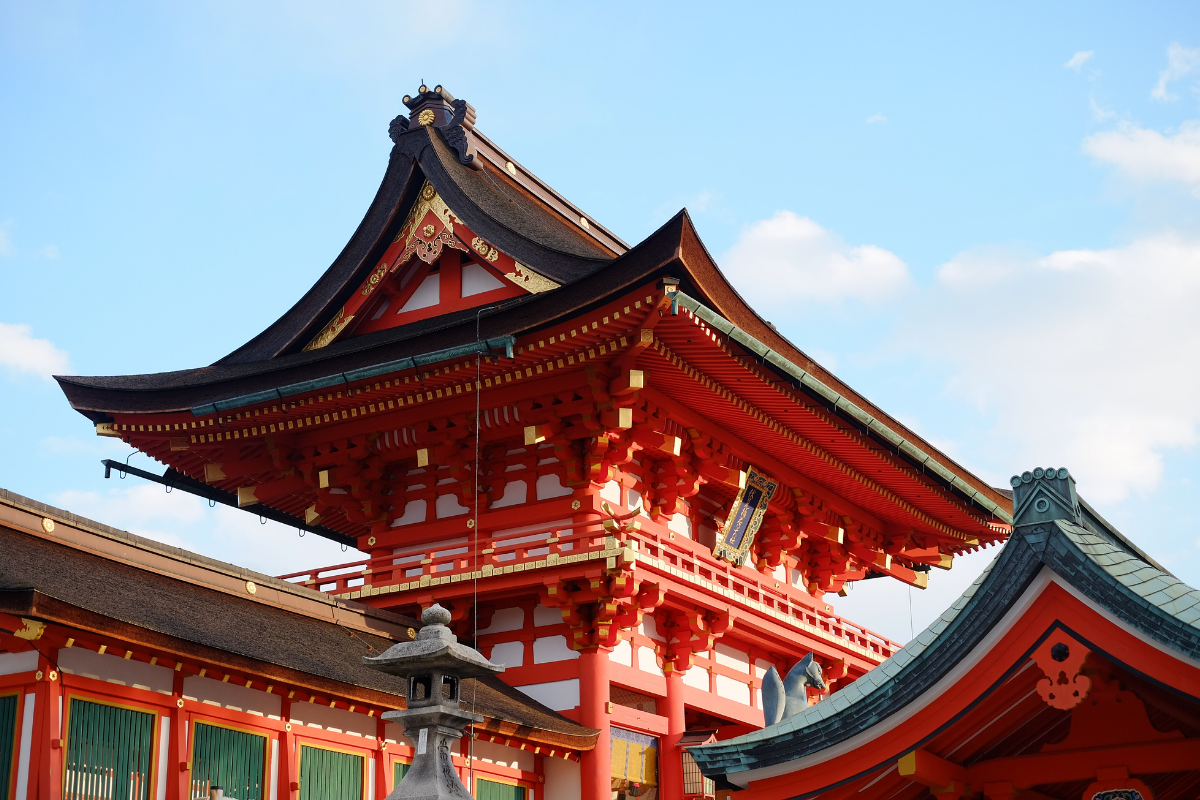This course offers 11 sessions in 8 different days:
October 7. From 13:00 to 13:45.
Ecological city development in China. Prof. Yang Su. Beijing University of Technology (China).
October 8. From 11:00 to 11:45.
Cultural and environmental values of traditional East Asian architecture. Prof. José Manuel Almodóvar. University of Seville (Spain).
October 8. From 17:00 to 17:45.
Relationship between language and culture: learning Chinese is also learning to think like a Chinese. Prof. Dr. Gonzalo Miranda Márquez. Director of the Confucius Institute, University of Seville (Spain).
October 14. From 13:00 to 13:45.
Resilient public space in the context of climate change and challenge in China. Prof. Dr. Hanxin Liu. Guilin Technical University (China).
October 15. From 11:00 to 11:45.
Japanese first capital cities from a historic and sociocultural perspective: Nara and Kyoto. Prof. José M. Almodóvar. University of Seville (Spain).
October 15. From 17:00 to 17:45.
Feng Shui: cultural basis and contemporary relevance. Prof. Dr. Ismael Domínguez Sánchez de la Blanca. University of Seville (Spain).
October 21. From 13:00 to 13:45.
Climate responsiveness in traditional Vietnamese architecture. Prof. Dr. Van Khang Huynh. Institute of Smart City and Management, University of Economics Ho Chi Minh City (Vietnam).
October 22. From 11:00 to 11:45.
The influence of China in the Spanish literature. Prof. Dr. Rafael Martín Rodríguez. Universities of Camilo José Cela, CEU San Pablo y Pontificia de Comillas (Spain).
October 22. From 17:00 to 17:45.
Japan and the emergence of modern postulates. Records of a cultural symbiosis. Prof. José M. Almodóvar. University of Seville (Spain).
October 28. From 13:00 to 13:45.
Planning of Shanghai as a rising global city. Prof. Jieming Zhu. Tongji University (China).
October 29. From 11:00 to 11:45.
Culture of traditional Chinese architecture. Dr. Xiaoxin Zhao. Nanjing University (China).
